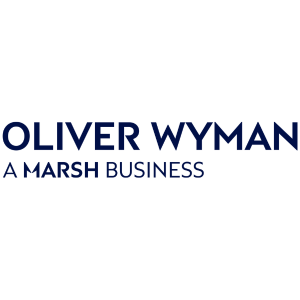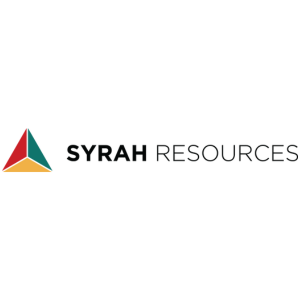Andrew Britton
CEO Kumi
Andrew is the founder and CEO of Kumi, a specialist advisory firm that focuses on responsible supply chains and human rights due diligence. Kumi works extensively with the mining sector in Africa, helping companies to identify and manage human rights risks, prepare for compliance with responsible mining standards, strengthen social performance, and delivering social and environmental due diligence on mining operations on behalf of global downstream brands and investors. Under Andrew’s leadership, Kumi has become established as a leading authority on the development and implementation of compliance standards and industry best practices for responsible sourcing.Kumi works closely with organisations such as the OECD and the European Commission, including developing the compliance frameworks for due diligence and responsible mining practices under the EU Critical Raw Materials Act, the EU Batteries Regulation and the EU Conflict Minerals Regulation.
2026 Agenda Sessions
Joined at the Source: Building Copper- Cobalt Partnerships
Copper and cobalt are geological partners, yet above ground they are managed in silos. In Africa’s Copperbelt, where both are co- located, this fragmented approach undermines value capture, sustainability, and resilience. This session explores how partnerships across governments, industry, and civil society can integrate co-located resources for greater efficiency and fairness. Panellists will debate new models for collaboration and share lessons from cross- commodity and cross-jurisdiction experience offering bold ideas to shape Africa’s role in the future of critical minerals future.
Wednesday 11 February 10:15 - 11:00 Ngorongoro Crater Stage (CTICC1 - Level 2)
Critical minerals
Governance, regulation and policy
Copper and cobalt are geological partners, yet above ground they are managed in silos. In Africa’s Copperbelt, where both are co- located, this fragmented approach undermines value capture, sustainability, and resilience. This session explores how partnerships across governments, industry, and civil society can integrate co-located resources for greater efficiency and fairness. Panellists will debate new models for collaboration and share lessons from cross- commodity and cross-jurisdiction experience offering bold ideas to shape Africa’s role in the future of critical minerals future.
Ngorongoro Crater Stage (CTICC1 - Level 2) Africa/Johannesburg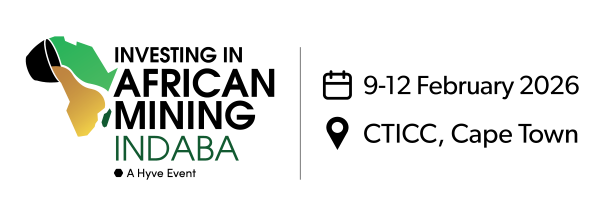
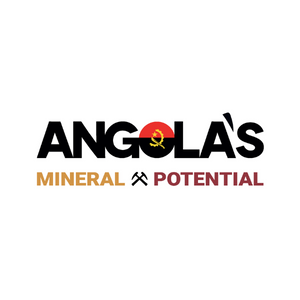
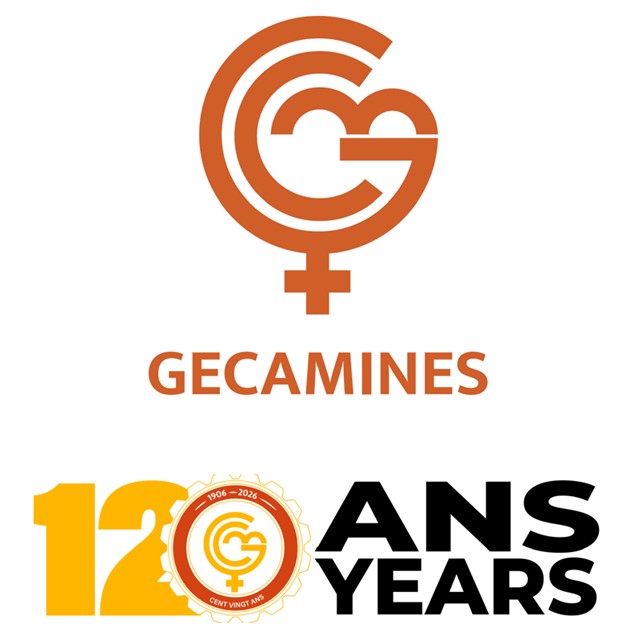
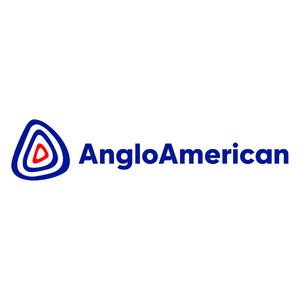
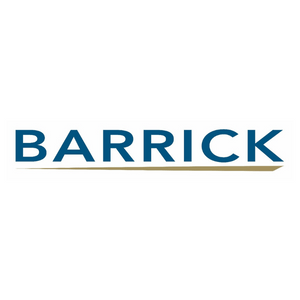
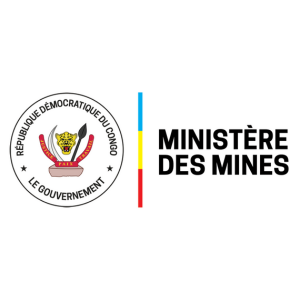
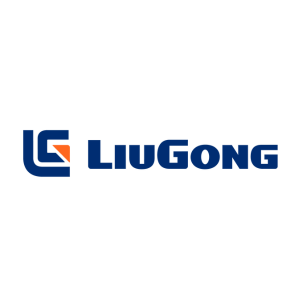
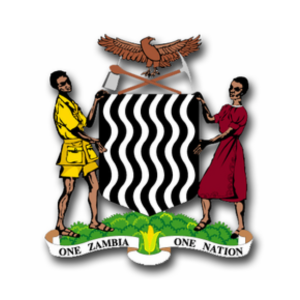

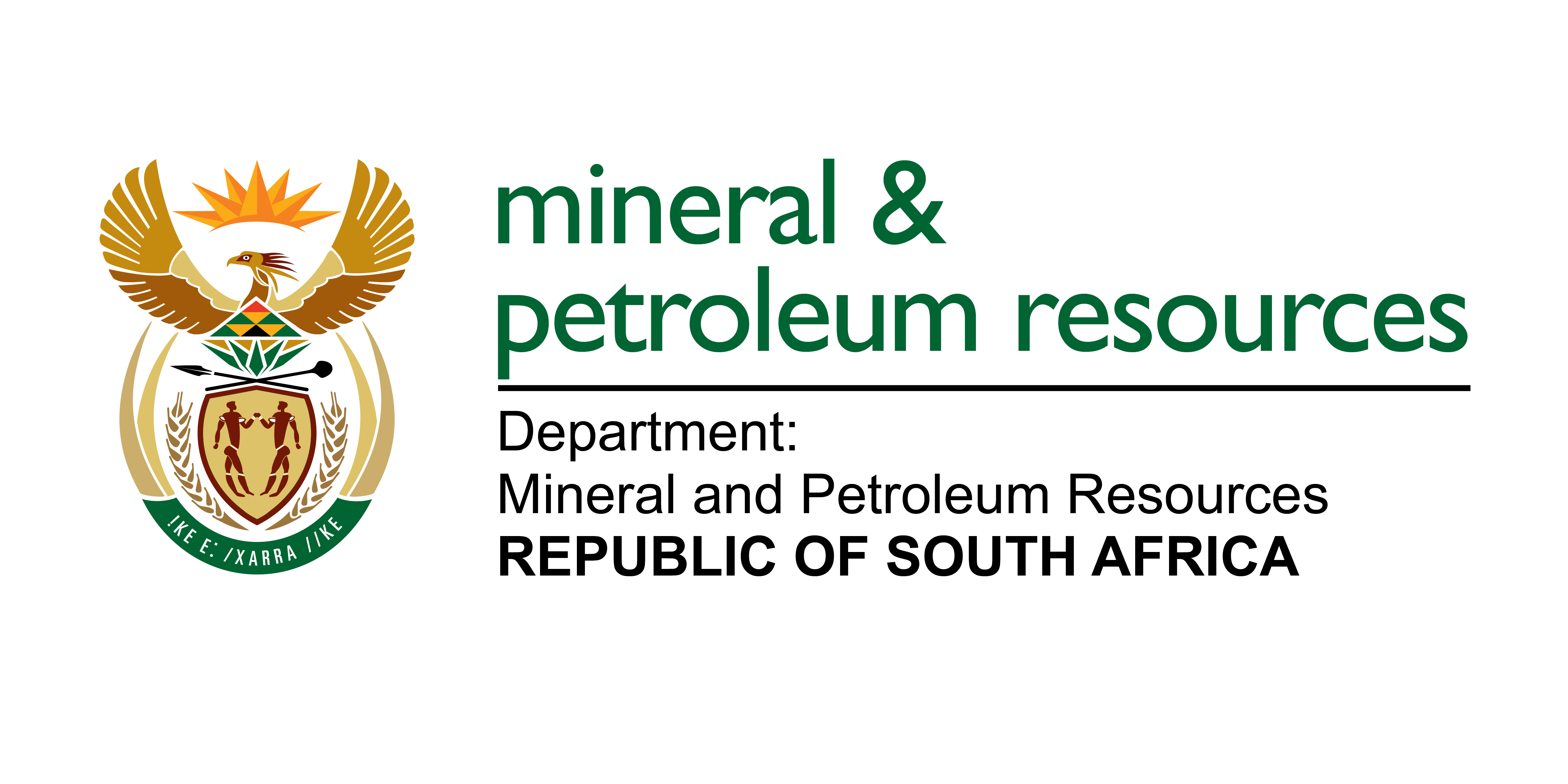-Logo_CMYK_1.jpg?width=1000&height=500&ext=.jpg)
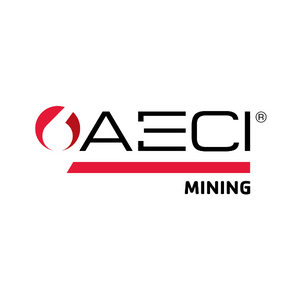
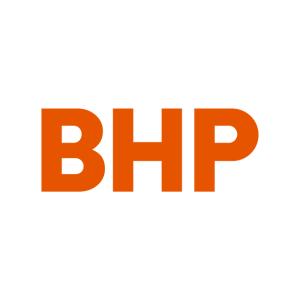
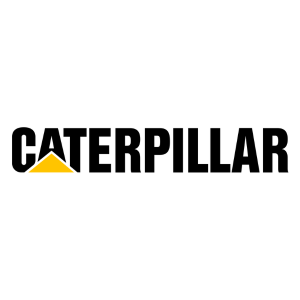
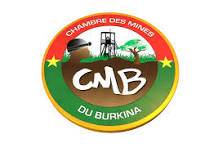
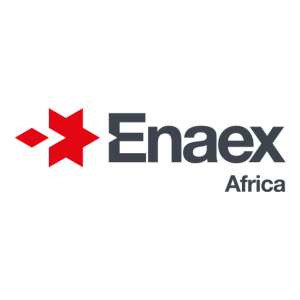
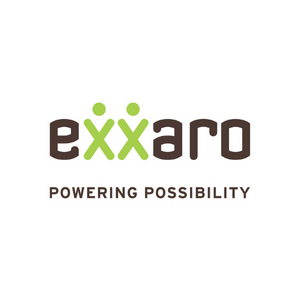
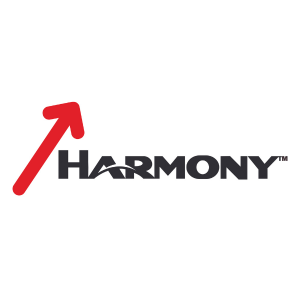
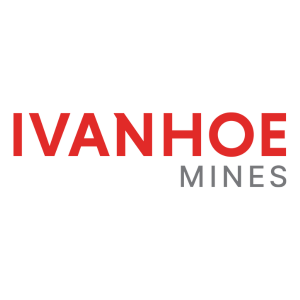
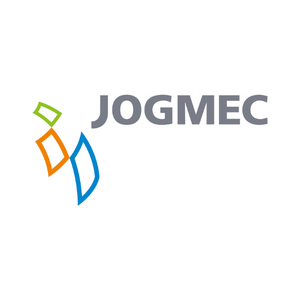
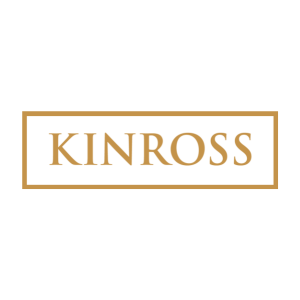
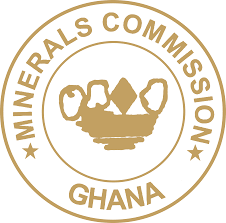
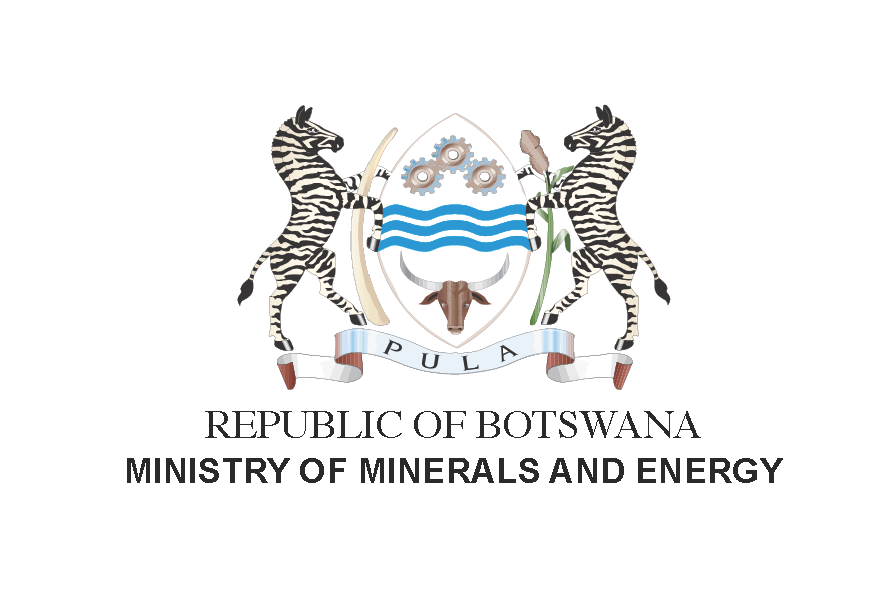.png?width=300&height=208&ext=.png)
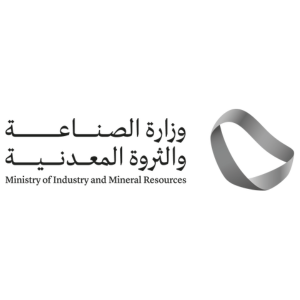
_mi25-weblogo.png?ext=.png)
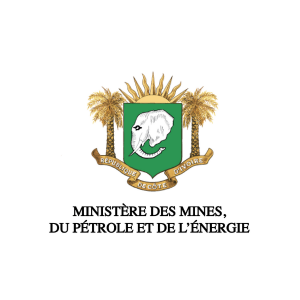
_1.png?ext=.png)
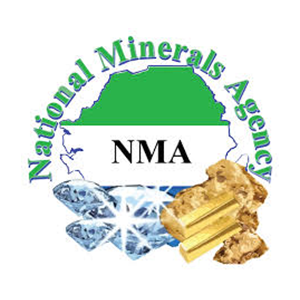
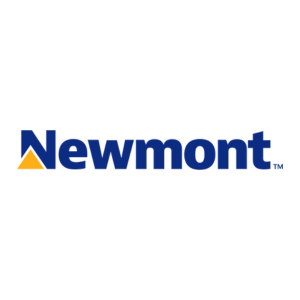
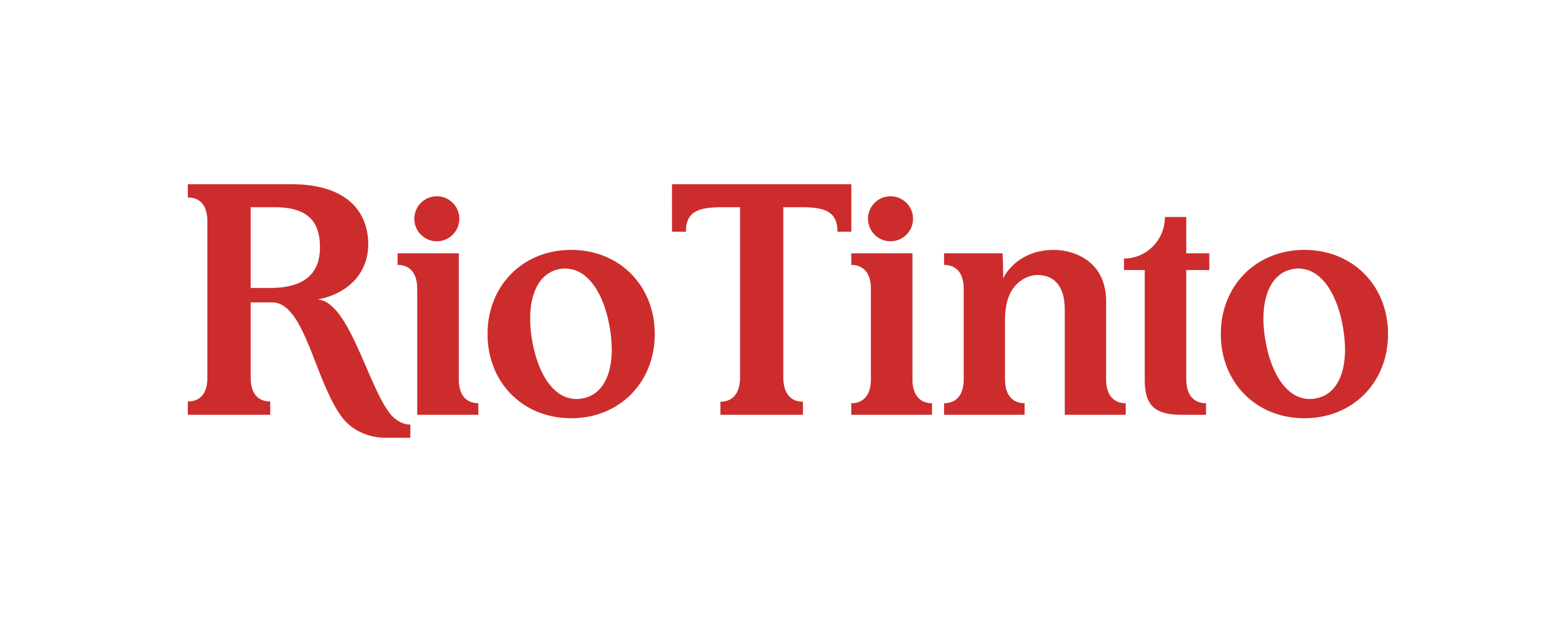

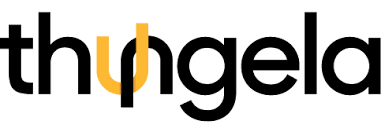
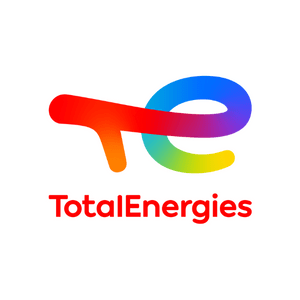
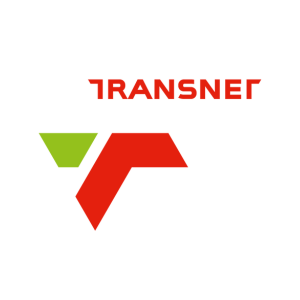
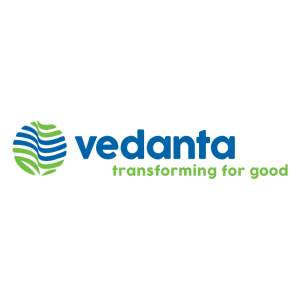

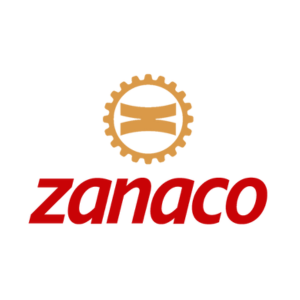
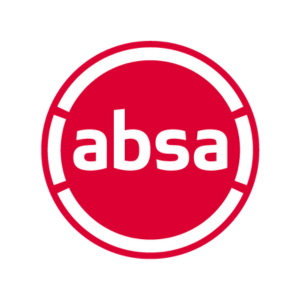
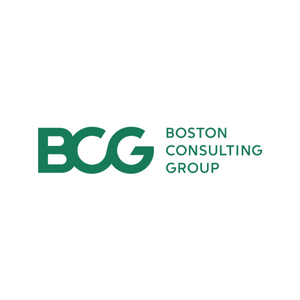
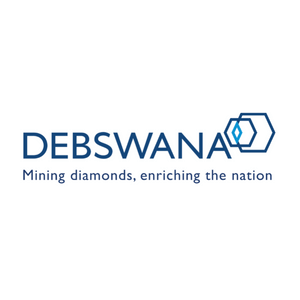


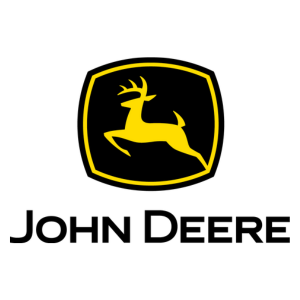
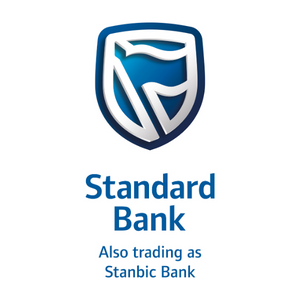

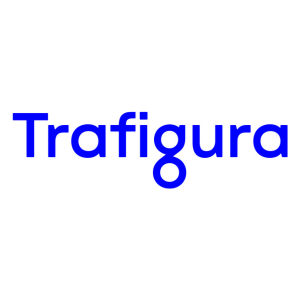
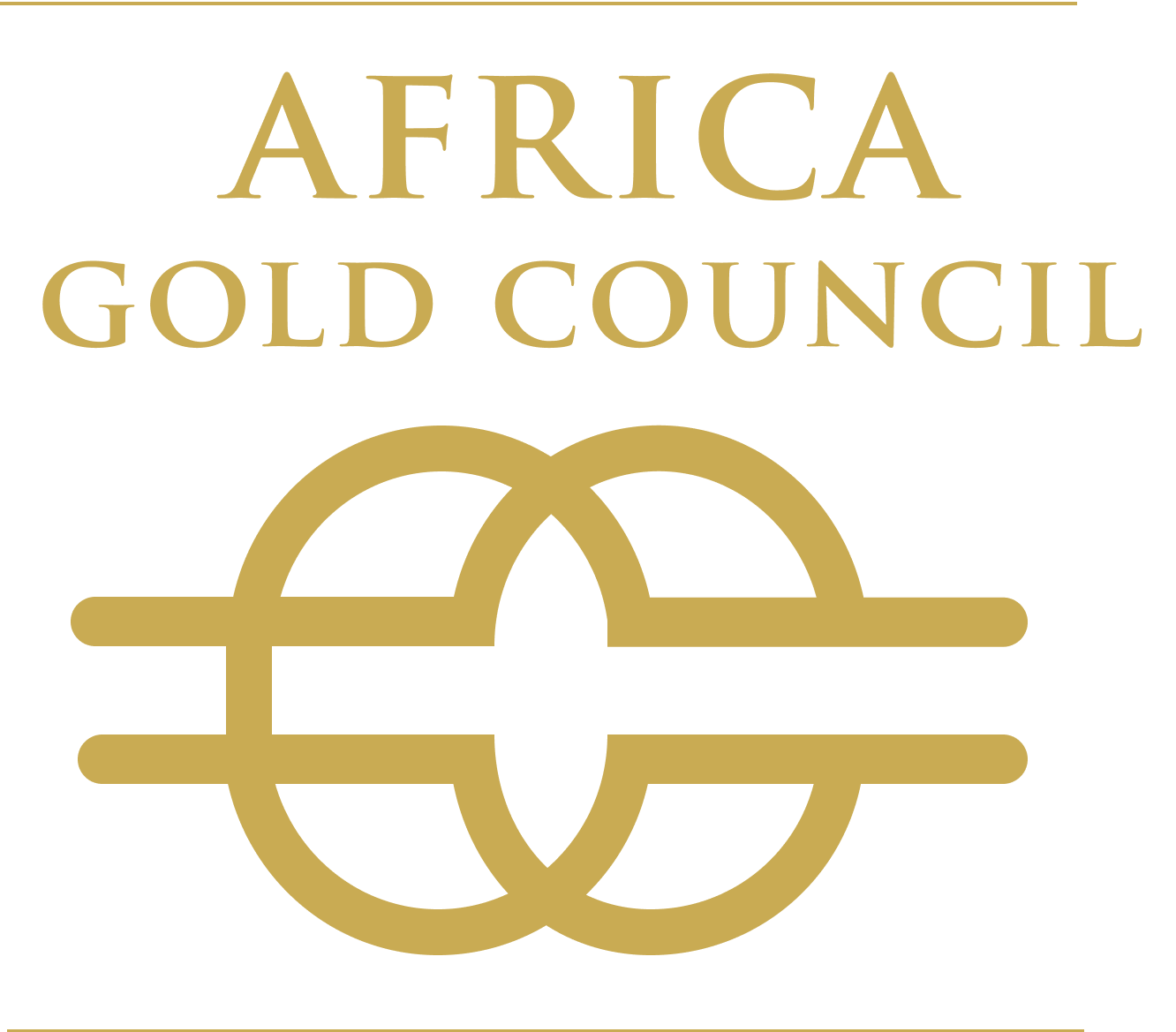
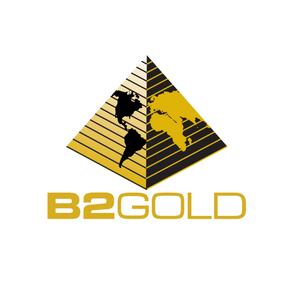
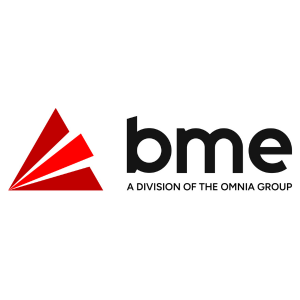


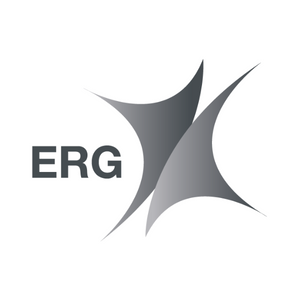





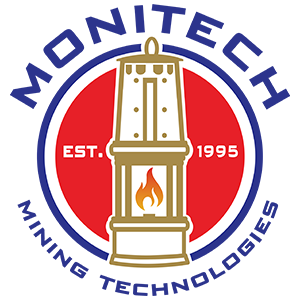

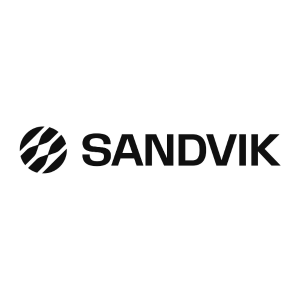

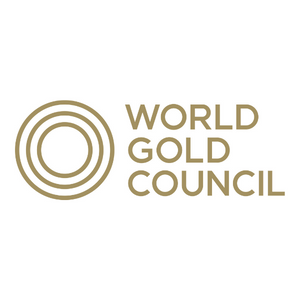
_logo.png?ext=.png)


_mi25-weblogo.png?ext=.png)

